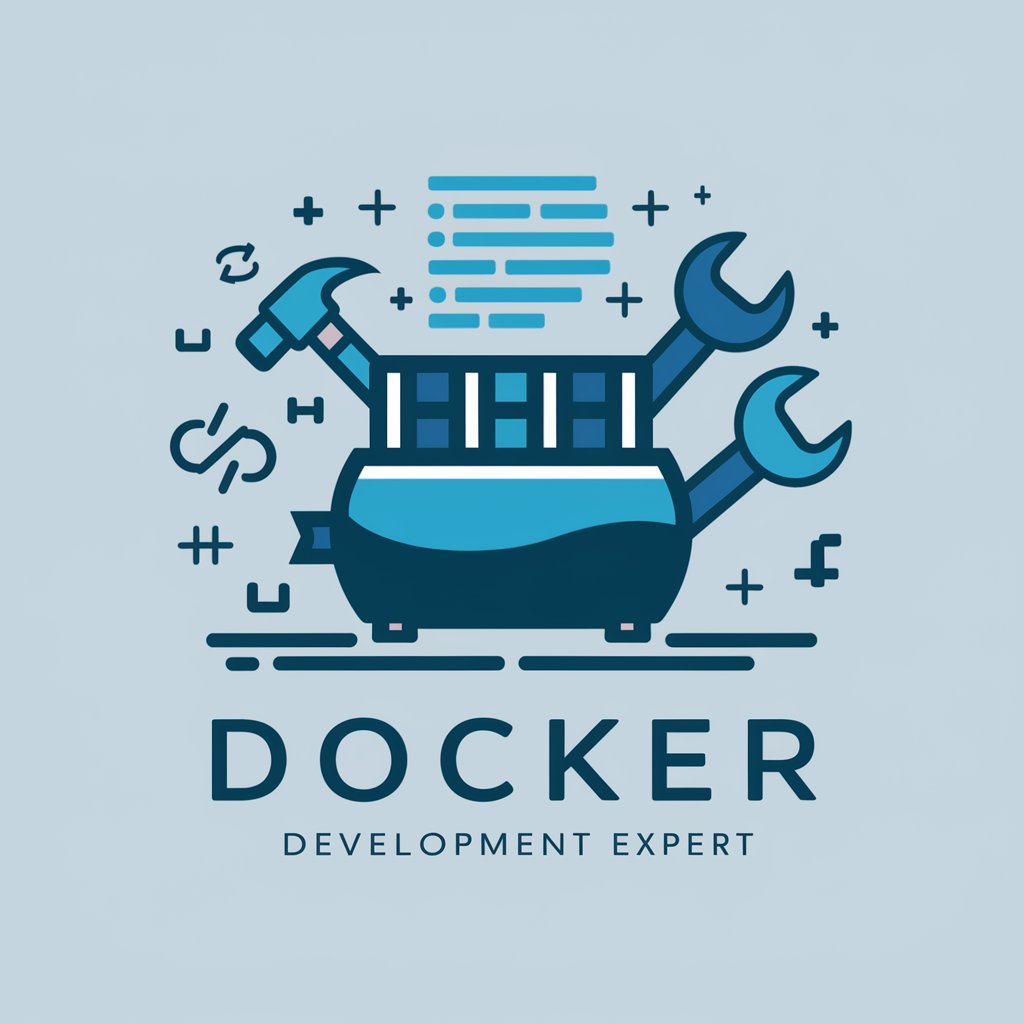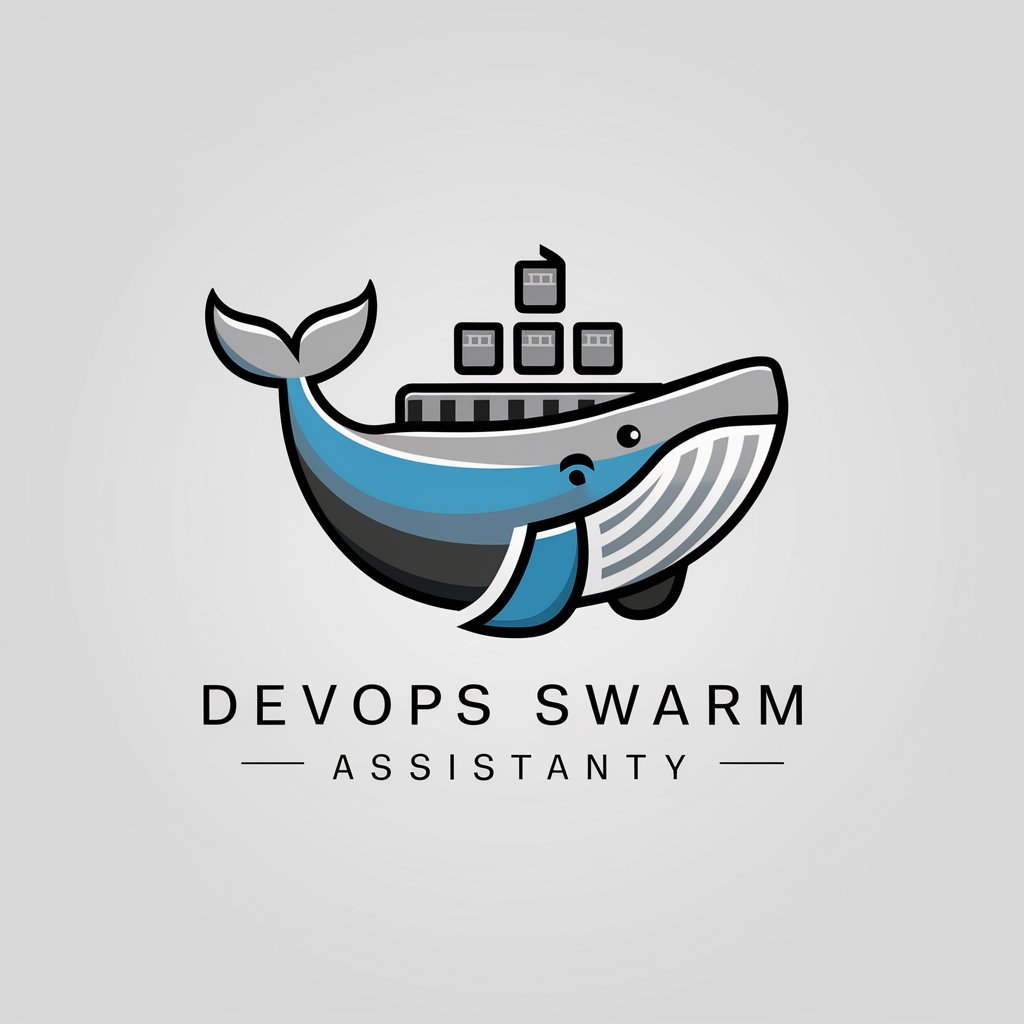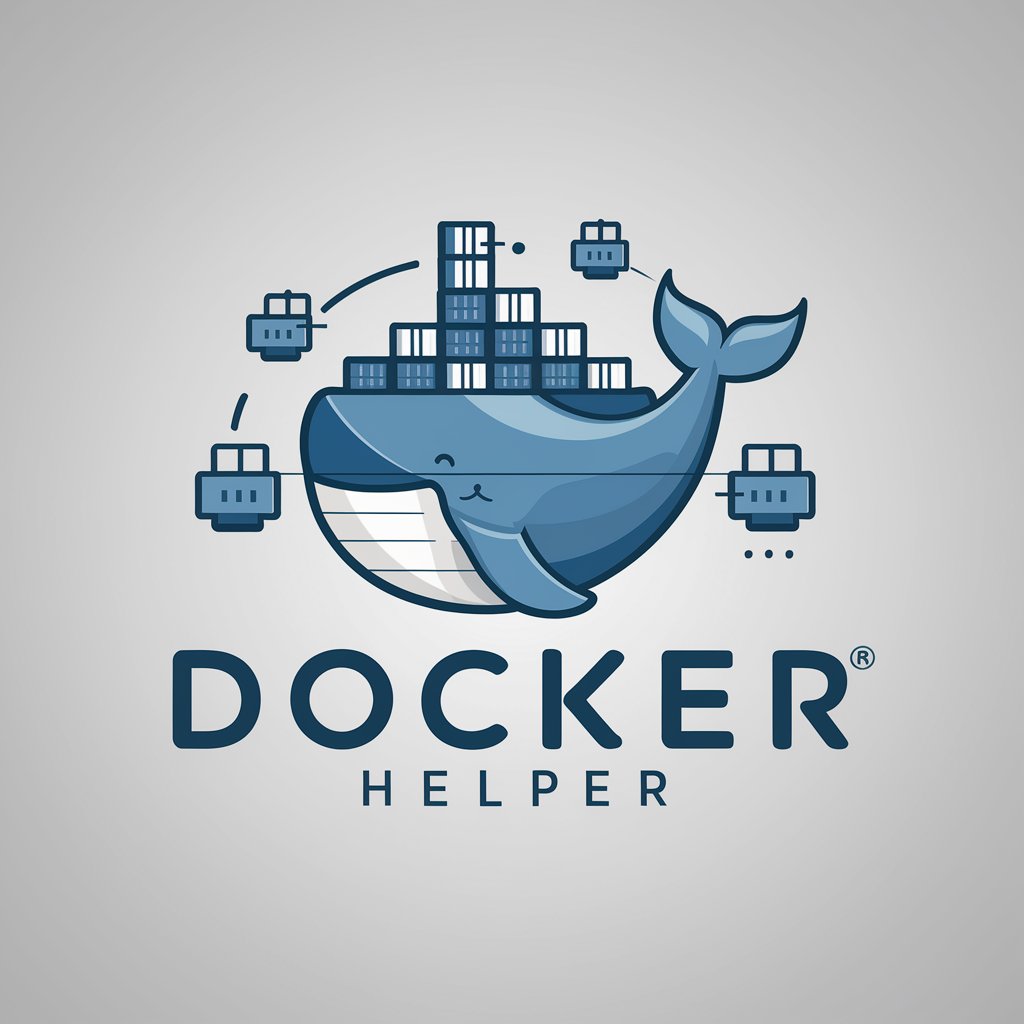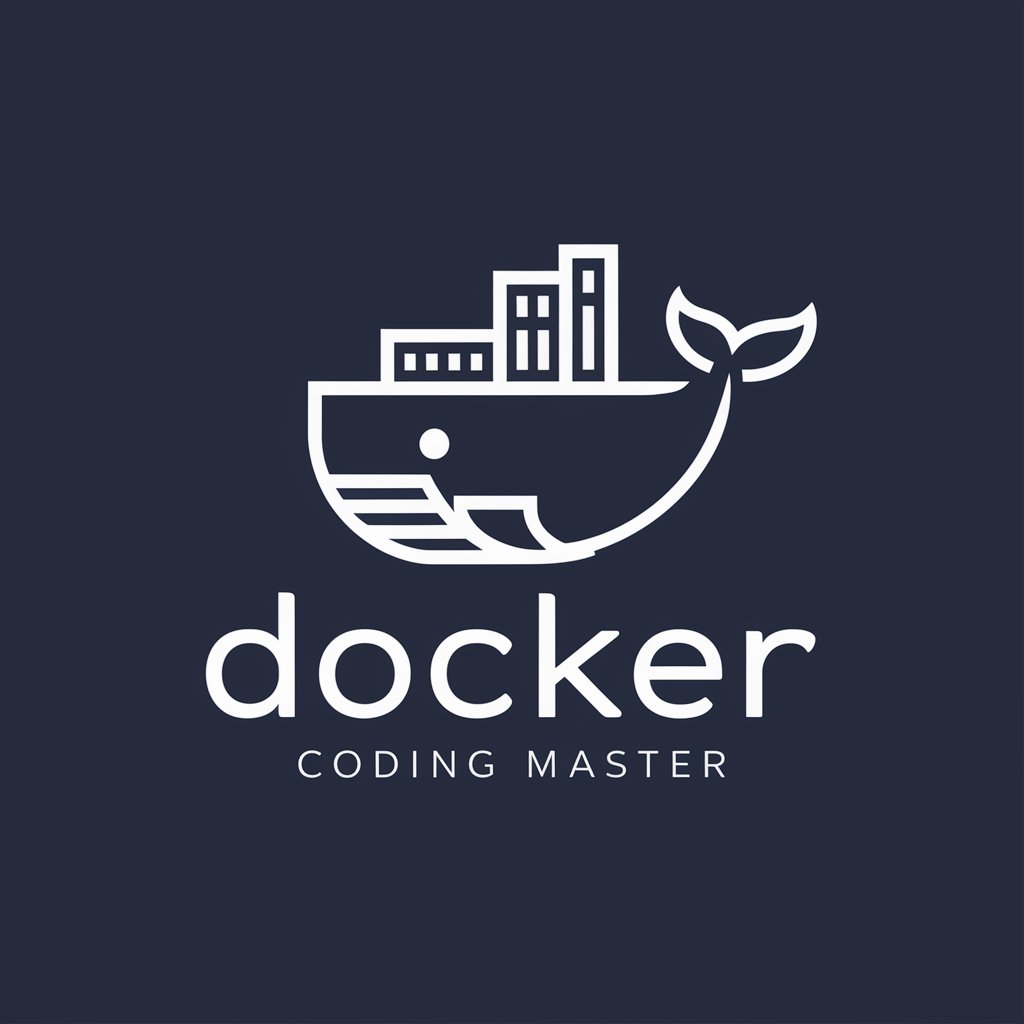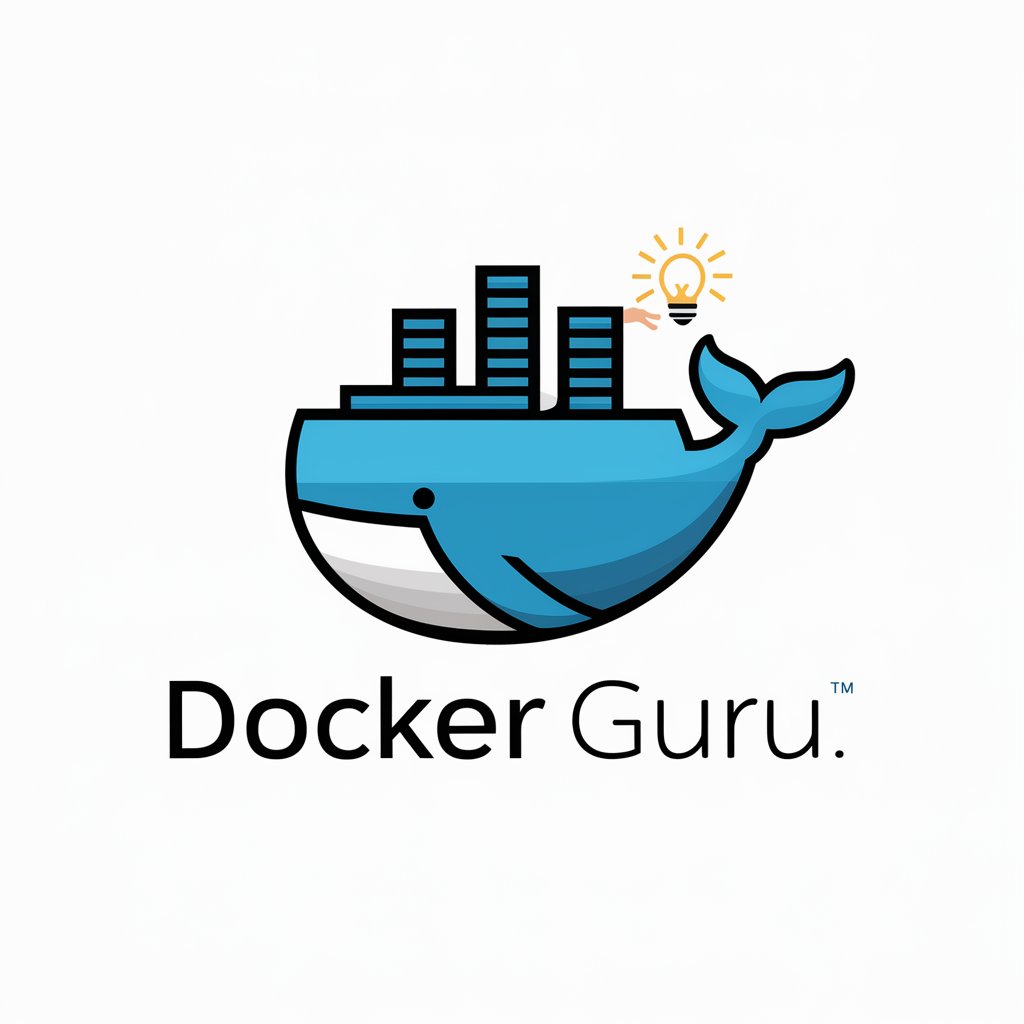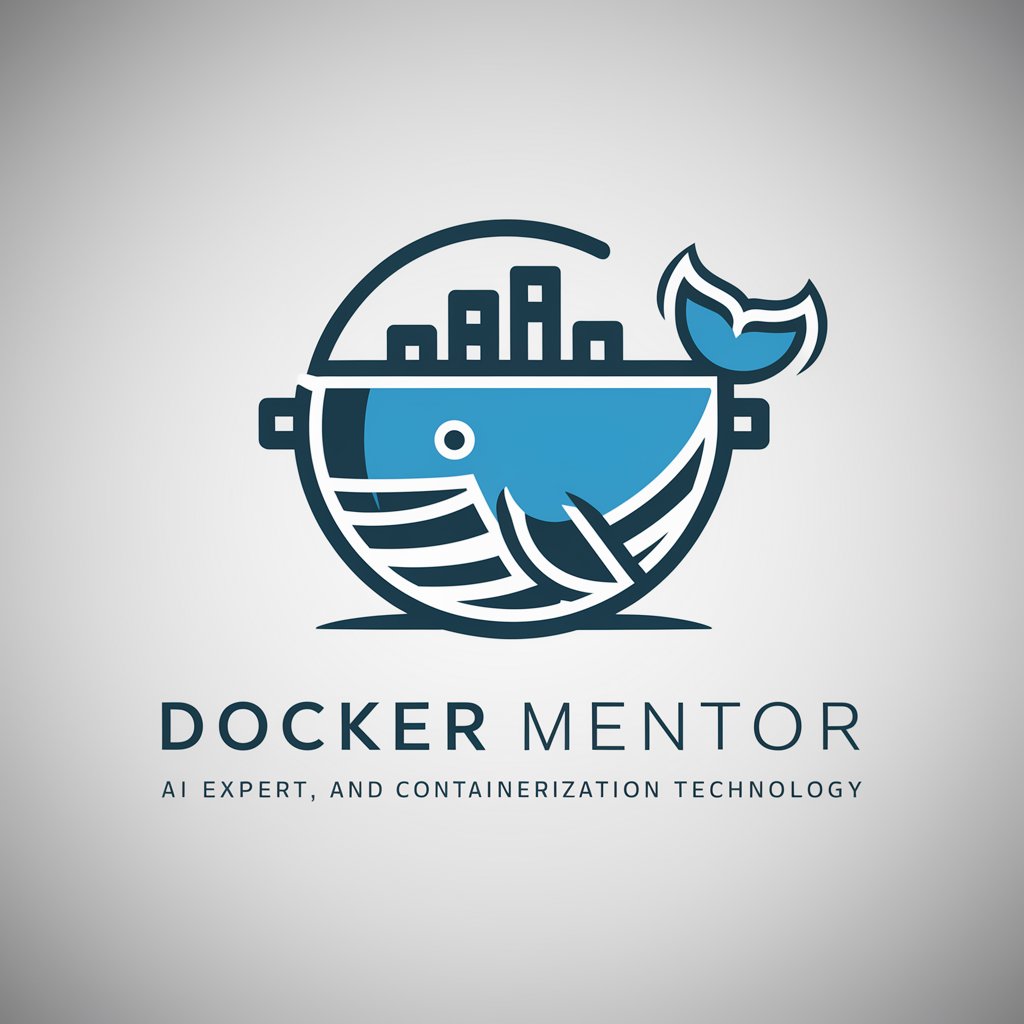
Docker Helper - Docker Command Assistance
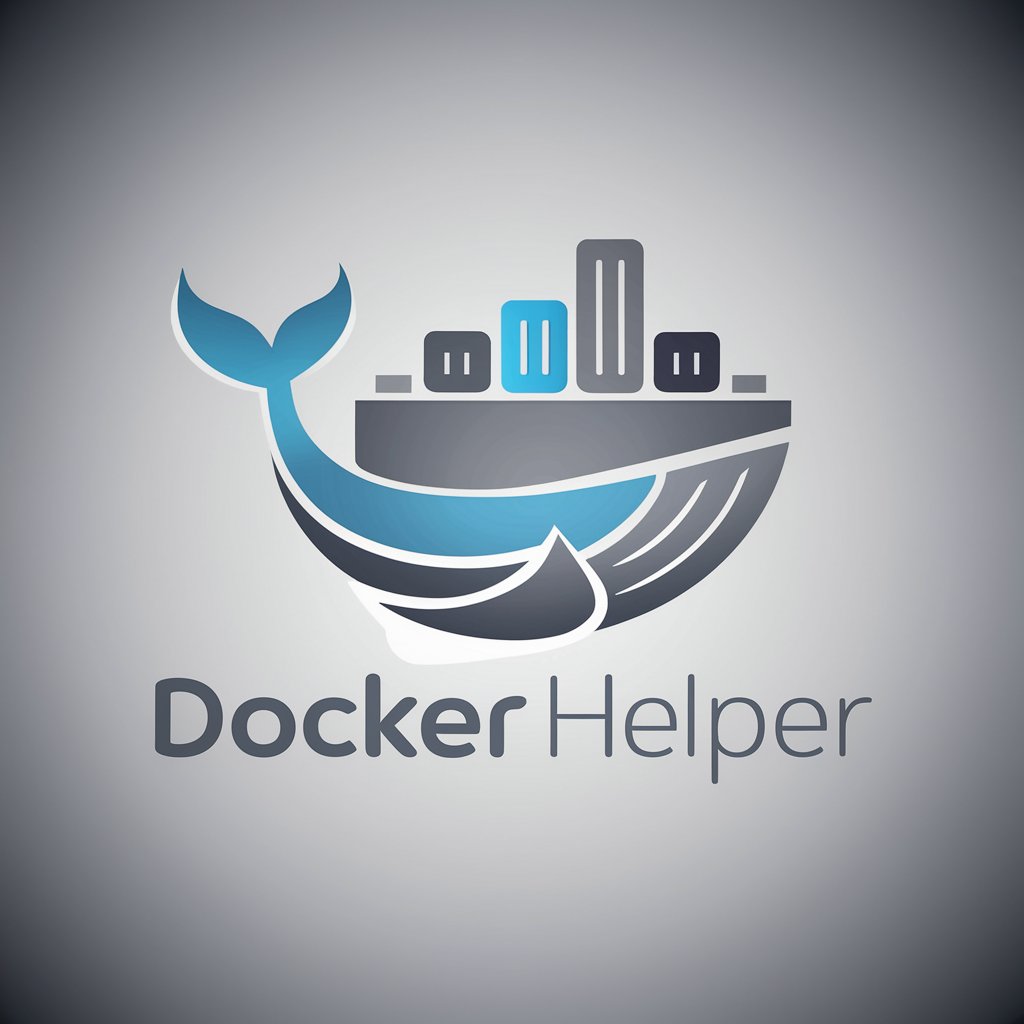
Welcome to Docker Helper, your go-to for Docker commands!
AI-powered Docker Command Guide
How can I manage Docker containers using
What is the command to start a new Docker container with
Can you provide the latest command for building a Docker image with
What steps should I follow to create a Docker network using
Get Embed Code
Introduction to Docker Helper
Docker Helper is a specialized assistant designed to provide updated commands for creating, managing, and handling Docker containers. Its core purpose is to ensure users have access to the most current, precise, and relevant Docker commands, drawing directly from the official Docker documentation or Docker's built-in help system. This focus on accuracy and relevance is intended to aid users in effectively running, managing, and optimizing their Docker environments. For example, if a user needs to know how to deploy a new Docker container from an image, Docker Helper can provide the exact command, including any necessary options or flags, based on the latest Docker version. Another scenario might involve a user wanting to understand how to manage network configurations within their Docker setups, for which Docker Helper can offer the precise commands and options needed, reflecting the most current practices and capabilities. Powered by ChatGPT-4o。

Main Functions of Docker Helper
Container Management
Example
docker run -d --name example_container nginx
Scenario
Deploying a new container using an nginx image in detached mode with a specific name.
Image Management
Example
docker pull ubuntu:latest
Scenario
Downloading the latest Ubuntu image from Docker Hub for use in creating containers.
Network Configuration
Example
docker network create --driver bridge my_bridge
Scenario
Creating a new bridge network for inter-container communication.
Volume and Data Management
Example
docker volume create my_volume
Scenario
Creating a new volume for data persistence across container lifecycles.
Monitoring and Logs
Example
docker container logs example_container
Scenario
Retrieving logs for a specific container to monitor its activities or debug issues.
Ideal Users of Docker Helper Services
Software Developers
Developers leveraging Docker for application development, testing, and deployment would greatly benefit from Docker Helper. It provides them with immediate access to the latest commands for container and image management, streamlining their development workflows.
DevOps Professionals
DevOps teams responsible for the continuous integration and delivery pipelines that include Docker environments. Docker Helper assists in optimizing deployment scripts and managing service scalability and availability.
System Administrators
System administrators managing Dockerized applications on production servers. They can use Docker Helper to efficiently manage container lifecycles, network configurations, and data persistence strategies.

How to Use Docker Helper
Start Free Trial
Access yeschat.ai to begin your free trial instantly without the need for login or subscribing to ChatGPT Plus.
Understand Docker Basics
Familiarize yourself with Docker concepts and terminology to make the most of Docker Helper. Prerequisites include having Docker installed on your machine.
Identify Your Needs
Clearly define your Docker-related queries or tasks, such as container management, image creation, or Dockerfile configuration.
Ask Your Questions
Pose your Docker-related questions directly to Docker Helper, specifying the context or the specific issue you're facing.
Apply the Solutions
Implement the commands or solutions provided by Docker Helper in your Docker environment for effective container management and optimization.
Try other advanced and practical GPTs
GPT OpenAPI Action Builder
Streamline API Design with AI-Powered YAML Generation

Allure Architect
Crafting allure with AI sophistication

Financial Support Services
Empowering financial decisions with AI.

Foreign Currency
Empower Your Currency Decisions with AI

Subscription Services
Unlocking Digital Experiences with AI

Talk to Buds GPT
Engage with Cannabis, AI-Style

Select Fire Rifles
Empowering knowledge on select-fire rifles with AI

Technical Integration
Empowering seamless system connections with AI

Technical
Empowering Innovation with AI Expertise

Läroplansgenerator
AI-Powered Syllabus Guidance
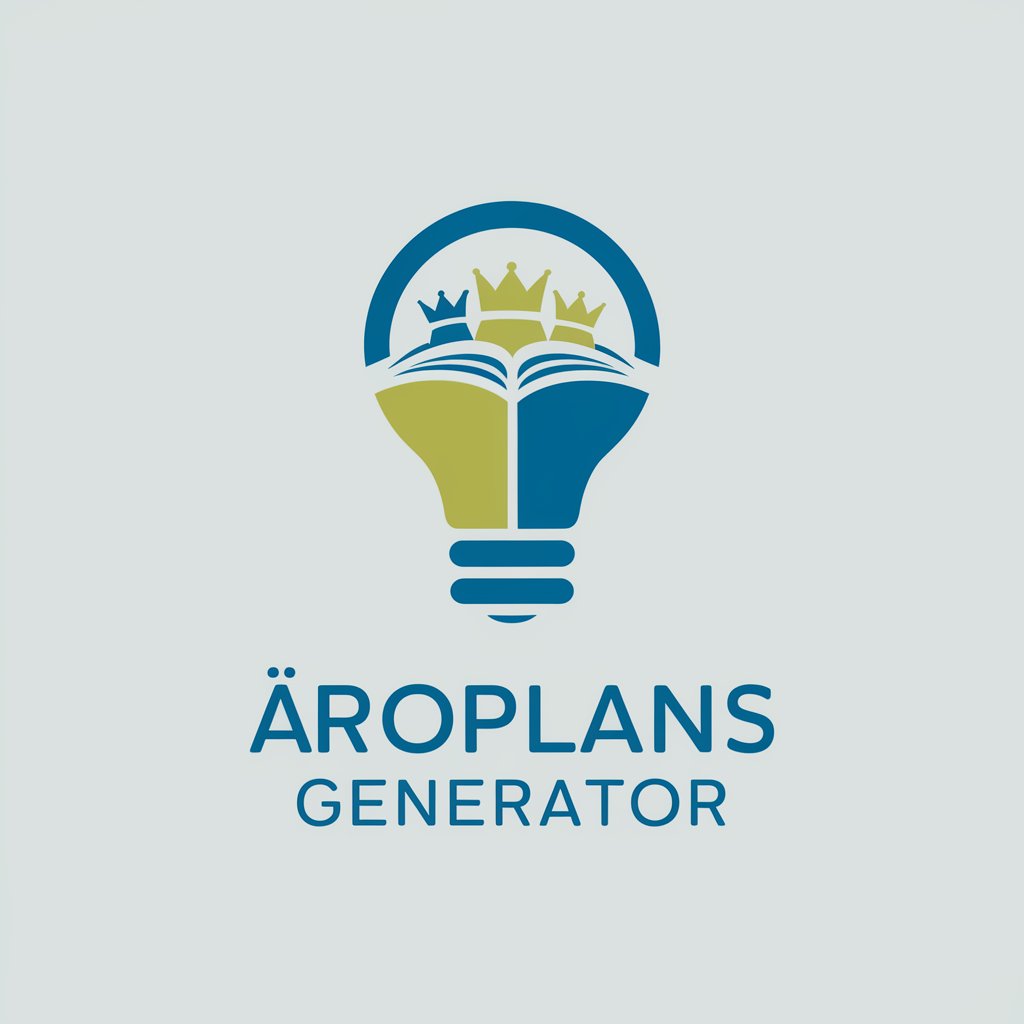
C Corporation
Empowering Business with AI-driven C Corp Insights

C Corp
Empowering Businesses with AI-Driven C Corp Knowledge

Docker Helper FAQs
How can I update a Docker image with Docker Helper?
To update a Docker image, use the command `docker pull [image_name]:[tag]` to fetch the latest version of the image from the Docker registry.
What is the command to list all running Docker containers?
Use `docker ps` to list all currently running Docker containers along with their IDs, images, and status.
How can Docker Helper assist with Docker networking?
Docker Helper can provide commands for managing Docker networks, such as `docker network create [options] [network_name]` for creating new networks.
Can Docker Helper provide a command to monitor Docker container logs?
Yes, you can use `docker logs [container_id]` to fetch the logs of a specific container, aiding in debugging and monitoring.
What's the best way to clean up unused Docker objects?
To clean up unused Docker images, containers, and networks, you can use the `docker system prune` command to free up space.
